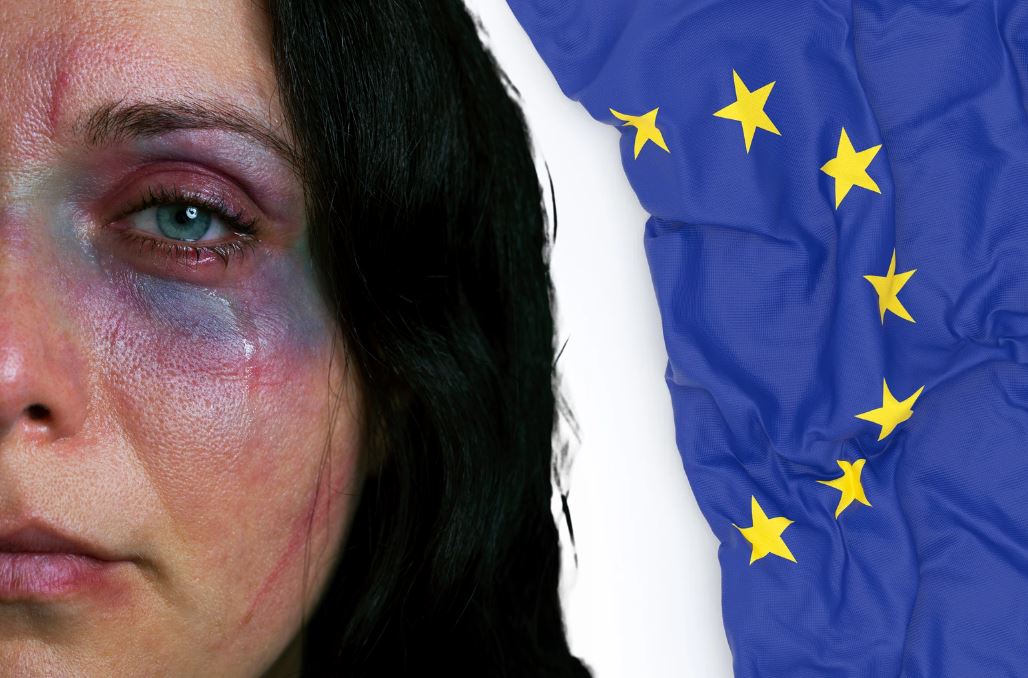EU Adopts First Law Against Violence Towards Women
On May 7, the European Union formally adopted groundbreaking legislation designed to combat violence against women across its 27 member states. This legislation includes measures against forced marriages, female genital mutilation, and cyber violence, marking a significant step in enhancing women’s rights and safety within the EU.
Key Provisions of the Legislation
The newly enacted law aims broadly to protect women from gender-related violence, encompassing a variety of offenses. Notably, it criminalises acts such as online stalking and harassment, the non-consensual sharing of intimate images, and incitement to violence or hatred. Offenses under this law are punishable by imprisonment, with terms ranging from one to five years, depending on the severity of the crime. Additionally, if the victim is a minor or has a close familial relationship with the perpetrator (such as a spouse or ex-spouse), the law allows for enhanced penalties.
Support and Protection for Victims
The legislation places a strong emphasis on providing support and improving protections for victims of domestic abuse, including children. Specific measures are mandated for cases where a child reports a crime committed by someone with parental responsibilities. Authorities are required to ensure the safety of the child before informing the alleged perpetrator, prioritizing the child’s immediate security and well-being.
Implementation and Impact
EU member states are required to incorporate these new rules into their national laws within three years. The harmonisation of these laws across the EU is expected to bolster the legal response to gender-based violence, ensuring that perpetrators face significant penalties while providing comprehensive support for victims.
Controversy Over Definition of Rape
Despite unanimous approval of the broader legislative framework, the EU countries were divided over the inclusion of a standardized EU-wide definition of rape. Disagreements primarily stemmed from differing national perspectives on jurisdiction and legal competence, with countries like Italy and Greece pushing for a unified definition, while Germany and France opposed the move, citing EU competency issues. This disagreement highlights ongoing challenges in creating entirely harmonised legal standards within diverse political and legal frameworks across the EU.
About The European Union
The European Union is a political and economic union of 27 European countries, formed after World War II to foster economic cooperation and prevent further wars. Established by the Maastricht Treaty in 1993, the EU has developed an internal single market through standardized laws. It uses 24 official languages and fosters policies on trade, agriculture, and regional development. The Euro, its official currency, is used by 19 member countries. Key institutions include the European Commission, the European Parliament, and the European Court of Justice. The EU emphasizes human rights, democracy, and sustainable development.
Month: Current Affairs - May, 2024
Category: International / World Current Affairs


